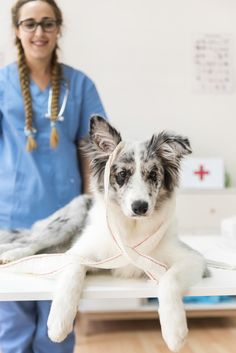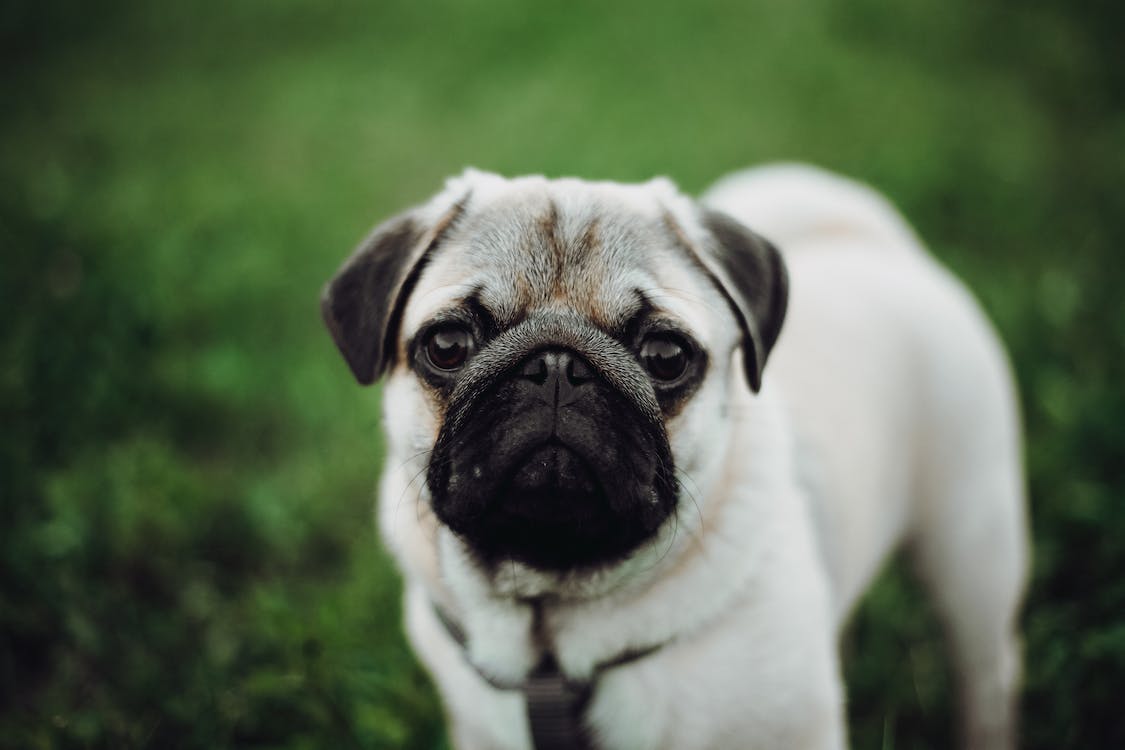Why Does My Dog Cough After Drinking Water?
It can be concerning when your dog starts coughing right after drinking water. However, in most cases, this is harmless and several factors can cause this temporary post-drink coughing. Understanding the possible reasons helps you assess whether any action is needed.
Inhaling Water
The most common reason for a dog coughing after drinking is that some water inadvertently went down the wrong pipe. The cough reflex kicks in to try to expel the fluid from the trachea and prevent it entering the lungs. This is similar to when people choke or cough after drinking. It subsides quickly and is rarely serious. Monitor your dog and call a vet if coughing persists over several minutes.
Drinking Too Fast
When dogs gulp water too quickly, they may inhale some liquid or experience a sudden fluid disturbance in the airway triggering coughing. This is especially true in hot weather when overheated dogs tend to guzzle cold water rapidly. Slowing your dog’s pace of drinking and offering smaller amounts prevents this reaction.
Excitement or Exercise
Dogs that drink right before, during, or after bouts of excitement, eating, or exercise are more prone to coughing or even vomiting afterward. Taking huge gulps when in these aroused states causes more stomach upset and throat irritation. Calm your dog before drinking and don’t allow immersion in water when overheated.
Cold Temperature
If especially cold water hits your dog’s throat, the abrupt temperature change can cause coughing spasms. Dogs that dive into cold lakes or pools then gulp water are prone to this effect. Allow water to reach room temperature to prevent thermal shock to the airways.
Underlying Medical Conditions
Persistent coughing right after drinking in a dog that wasn’t coughing before warrants veterinary examination for potential underlying problems. Some possibilities include:
Laryngeal/tracheal damage
Enlarged heart compressing trachea
Cancer or masses
Kennel cough
Heart disease
So investigate recurring coughing after drinking, as it may indicate disease rather than just innocently inhaled water. Seek veterinary advice.
Is Coughing After Drinking Water Dangerous for Dogs?
Most causes of a dog coughing right after drinking are harmless. However, take these precautions:
Monitor coughing duration – if over a minute or two, call your vet.
Note if coughing continues between drinking episodes, which is abnormal.
Watch for signs of respiratory distress like open-mouth breathing or blue gums.
Avoid overexciting dogs before drinking to curb the behavior.
Slow your dog’s pace of drinking instead of letting them gulp.
Adjust water temperature to avoid extremes that could cause coughing.
Have a vet fully examine chronically coughing dogs to rule out worrisome illness.
Keep dogs with heart conditions from gulping large amounts rapidly.
While passing coughing after drinking is usually of no concern, abnormal or worsening coughs deserve investigation to protect your dog’s respiratory health long-term.
How Can I Help My Dog Stop Coughing After Drinking?
If your dog frequently coughs after drinking, try these tips to alleviate it:
Slow the pace – Don’t let your dog gulp water rapidly. Refill small amounts frequently rather than a full bowl to encourage slower lapping. This avoids inhaling and throat irritation.
Use elevated bowls – Raising water bowls makes drinking easier and more controlled. Try bowls on stands at your dog’s chest level.
Add ice cubes – Floating ice cubes in the water bowl slows drinking pace as your dog nibbles them. The cold also helps soothe airways.
Give smaller drinks – During and after play or meals, offer water in smaller incremental portions rather than allowing long guzzling from the bowl.
Calm before drinking – Avoid vigorous activity, excitement, or environmental stressors before your dog drinks to prevent agitated gulping.
Cool water down – If drinking very cold water causes coughing, allow it to reach room temperature for more comfortable drinking.
Get checked for underlying illness – If coughing persists, have your vet examine your dog for potential tracheal, cardiac, or other issues needing treatment.
With a few simple adjustments, you can curb problematic coughing episodes after your dog drinks without limiting needed hydration. Consult a veterinarian if coughing is chronic or worsening over time.
What to Do If My Dog is Coughing Up White Foam
Coughing up white bubbly saliva or foam can result from drinking issues but may signal respiratory disease. Here is what to watch for:
Mild foamy spit up – Swallowing air while drinking rapidly can cause a dog to briefly spit up frothy saliva. This usually resolves quickly.
Occasional small amounts – Stress or very speedy eating sometimes causes white foam. Ensure your dog eats slower and more calmly.
Consistent heavy foaming – Frequent heavy coughing up white foam may indicate lung damage, pneumonia, heart failure, or other issues needing veterinary diagnosis.
Yellow or bloody tinged foam – Discolored foam points to infection, injury, or fluid in the lungs requiring prompt veterinary care.
Don’t panic if you see occasional minor post-drink foamy coughing, but do monitor coughing episodes for worsening frequency, volume, or color changes signaling bigger issues needing attention. Call your vet promptly if serious signs appear.
How Can I Help an Older Dog with Coughing After Drinking?
For elderly dogs more prone to coughing or choking after drinking, make these adjustments:
Use elevated bowls to ease swallowing. Laps are less awkward.
Fill water bowls only partially to curb fast guzzling. Refill smaller amounts frequently.
Monitor dental health. Broken teeth or oral disease makes drinking painful.
Add broths or hydrating supplements to water to encourage proper hydration.
Avoid strenuous play before or after drinking. Excitement exacerbates issues.
Have the vet assess for age-related trachea weakness, heart disease, or neurological issues.
Medications prescribed by your vet can help control persistent older dog coughing.
Learn canine CPR/Heimlich in case choking on water occurs and blocks breathing.
With some accommodations, older dogs can comfortably and safely get needed liquids without problematic after-effects. Notify your vet if coughing seems abnormal or worrisome.
Why Does My Puppy Cough and Gag After Drinking Water?
Puppies coughing, gagging, or retching after enthusiastically drinking water is often harmless but take precautions:
Inhaled water – Drinking too fast and accidentally inhaling water irritates airways and triggers coughing it out.
Additives/debris – Chemicals, dirt, or spoiled food in standing water causes irritation. Change water frequently.
Overexcitement – High energy puppies work themselves up and drink too vigorously. Calm puppy before drinking.
Eating then drinking – Consuming food then drinking a large amount may trigger temporary gulping or vomiting.
Illness – Intestinal parasites, kennel cough and other puppy illnesses can cause gagging episodes. Seek veterinary advice.
Developmental – Some minor gagging or coughing during rapid growth may happen. Monitor closely. Usually resolves by 5-6 months old without intervention.
While most puppies outgrow post-drink coughing, have your vet examine recurring gagging to identify causes and ensure proper health early on.
Use these tips to minimize problematic coughing and provide fresh water that puppies can comfortably lap up without reaction. Avoid discouraging drinking as hydration supports growth and wellness.


